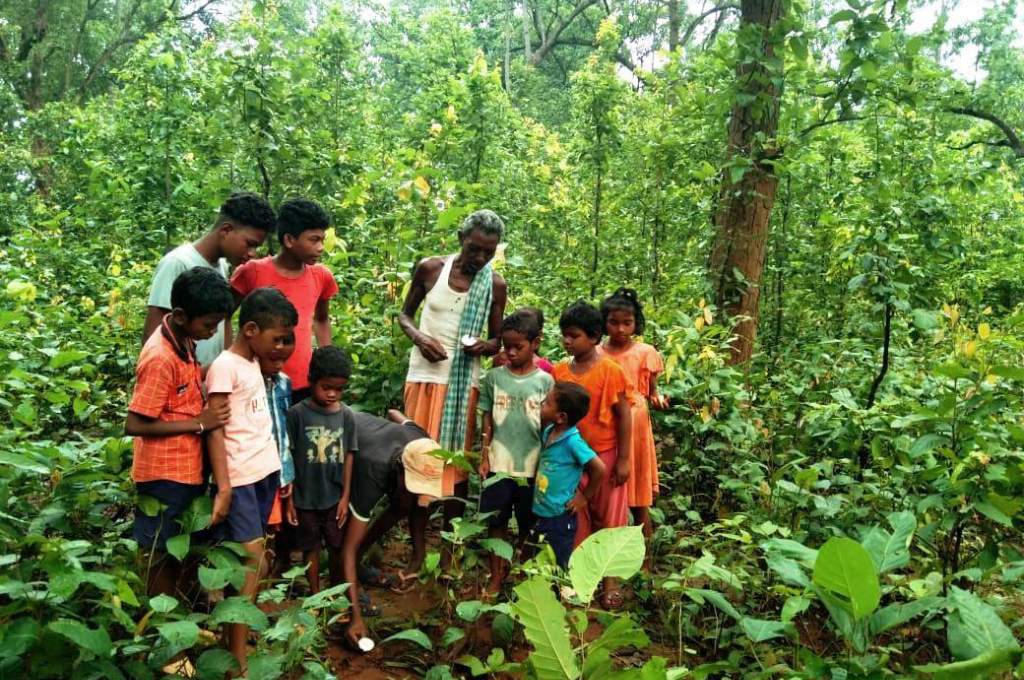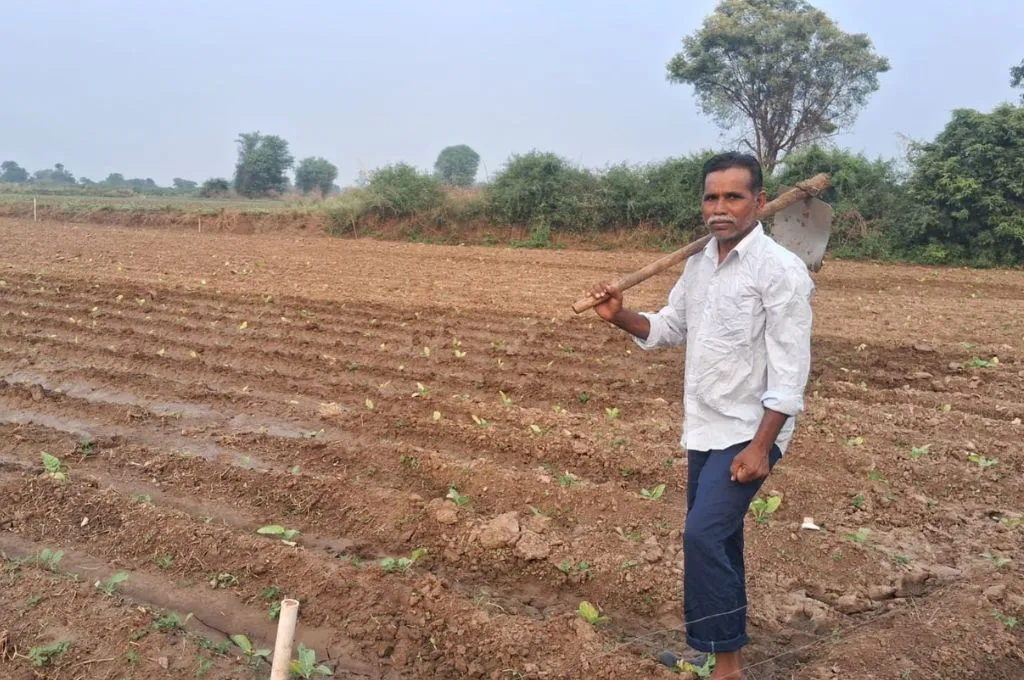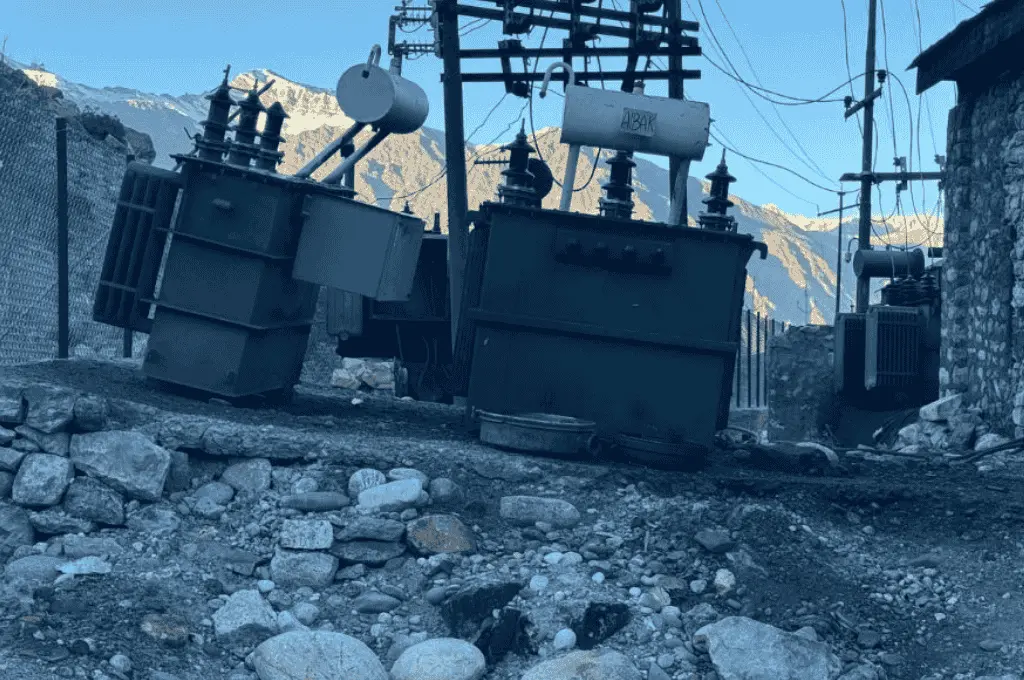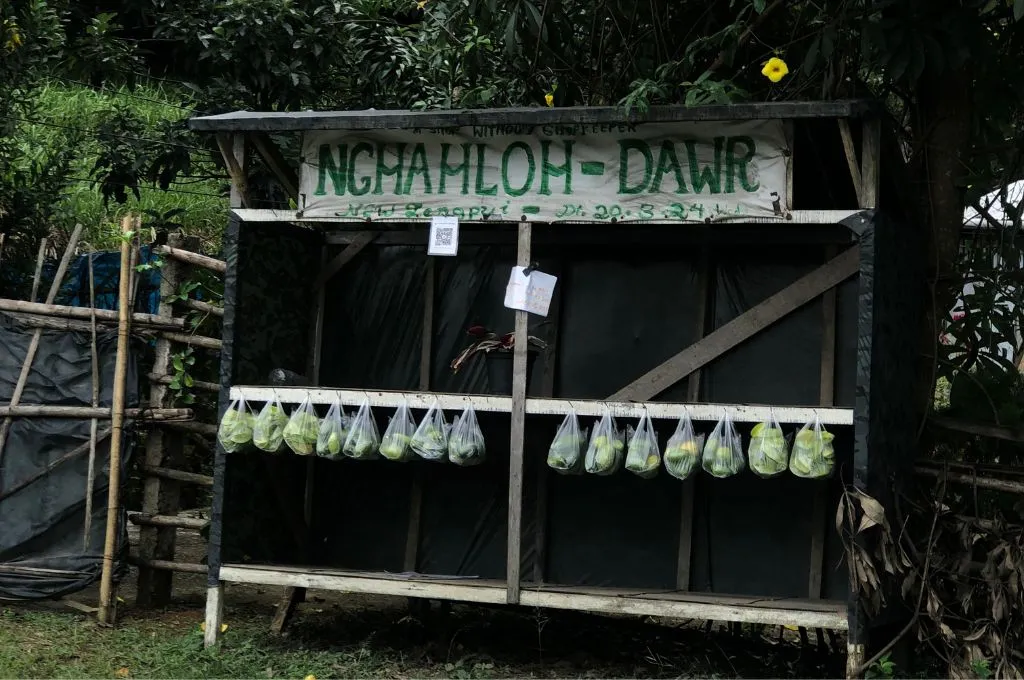Wisdom walks: Odisha’s elders pass on traditional knowledge to the youth

The villages of Danapasi, Hadagari, and Kantol are located in Odisha’s Dhenkanal district, surrounded by jungles and mountains. The jungles are very important for us; without them we wouldn’t be able to survive. We depend on them for the raw material to build our houses and for food and medicine. We also rely on them for our livelihood. Sal leaves found in the forests, for instance, are used to make dinner plates that are then sold in the market. All these benefits make the conservation of these forests crucial for us.
However, in the last few years, the youth of our village have been moving out for more aspirational jobs such as construction work, industrial labour, and hotel service. As a result, we are unable to pass on our traditional knowledge of the forests to them, and so this knowledge is at risk of being lost.
To prevent this from happening, some of the elders in the community started taking the children of the village to the forest on ‘wisdom walks’ every weekend. These elders are called jungle masters. On the walks, we show the children how we use the resources of the forest in our day-to-day life. For example, plants such as indrajal and mahakalare are used by people to cure headaches. The bark of the arjun tree is used to treat diabetes and stomach issues. Mahasindu is used for all sorts of pain relief, and jaisanda heals rashes and skin injuries.
We also teach the children how to identify various types of plants and animals, and predict the weather by observing them. For instance, we know it’s about to rain when termites start to climb down from trees. Water dripping down the leaves of the arjun tree in dry weather also indicates the arrival of rain. We show the children which trees can be tapped for drinking water and how. For example, a V-shaped notch made in the bark of the polash tree and a clean cut in the thickest part of the stem of the atandi climber yields water, which can be collected in containers. The date palm, bamboo, and siali climber are also water-yielding plants.
The children discover something new on each walk, which is what makes the walks interesting. We show them where to find fruits and other edible plants and we play little games, like finding and threading leaves into garlands.
Teenagers and young adults are not interested in learning about the forest as much as the children are. Alcoholism is a growing problem among the youth, who spend the money they earn on drink. This is another reason why we felt these walks were important. Not only do they help us transfer our knowledge to the next generation, but they also ensure that our children develop an interest in the forest at an early age. This way, they are more likely to conserve it.
Things have changed a lot since we started these walks seven years ago. Children are very enthusiastic about going to the forest now. Many of them go into the forest themselves, and some have even started growing trees in their yards. We are excited to see the interest in our forests return.
Sarat Chandra Dehury is a jungle master and the president of the Kantol Village Development Committee.
Pitabasa Padhan, Chaya Padhan, and Pramila Padhan also contributed to this article.
—
Know more: Learn more about the challenges of forest guides in Madhya Pradesh.



